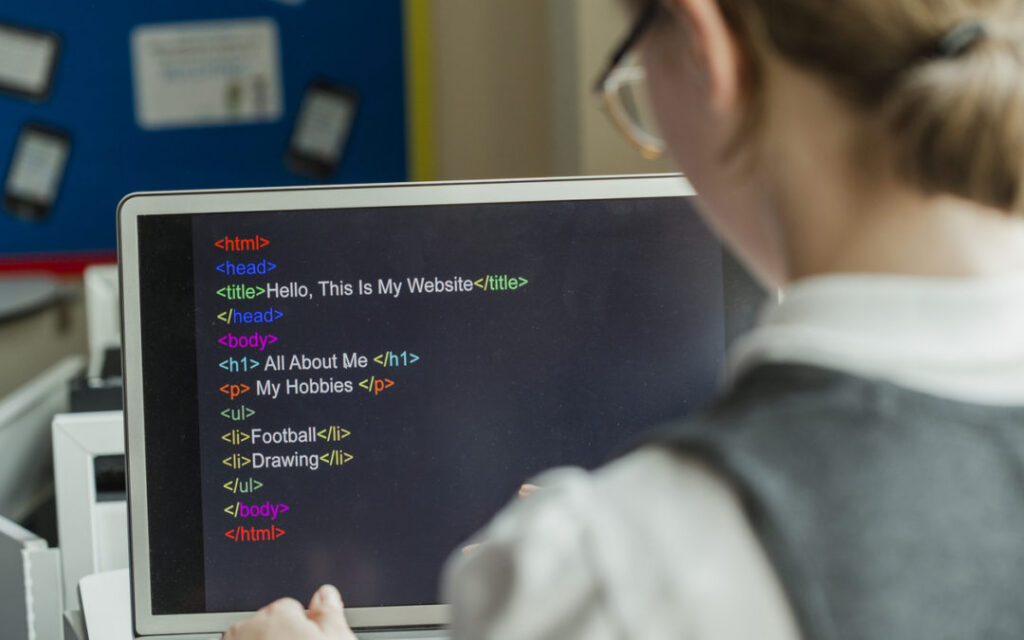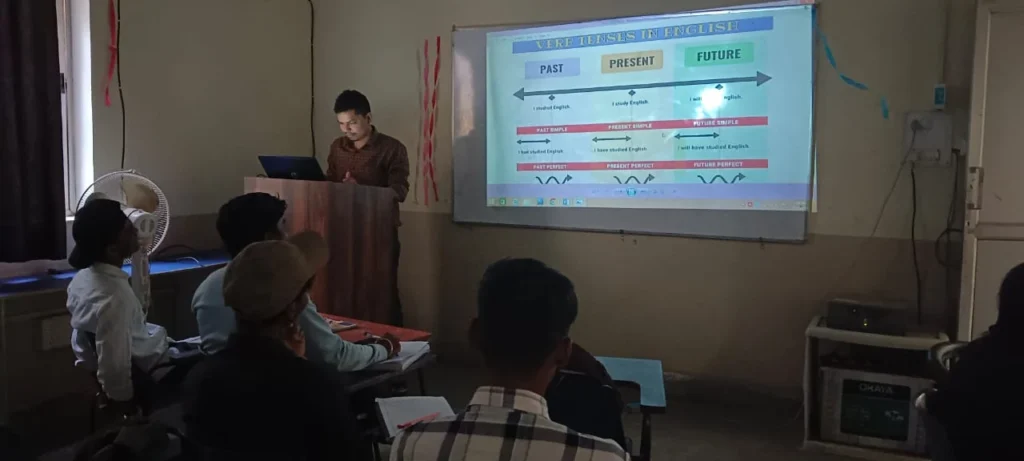Difference Between MongoDB and React JS
Difference Between MongoDB and React JS A Complete Beginner-Friendly Guide for BCA & B.Tech Students In today’s IT industry, technologies like MongoDB and React JS are highly popular and widely used in modern web development. Many BCA and B.Tech students often get confused between these two because both are commonly mentioned in Full Stack Development and MERN Stack. However, MongoDB and React JS serve completely different purposes. This blog explains the difference between MongoDB and React JS in simple language, making it easy for students and beginners to understand. What is MongoDB? MongoDB is a NoSQL database used to store and manage data. Unlike traditional relational databases (such as MySQL or Oracle), MongoDB stores data in JSON-like documents instead of tables and rows. Key Features of MongoDB Uses of MongoDB MongoDB is mainly used on the server side (backend) of an application. What is React JS? React JS is a JavaScript library developed by Facebook for building user interfaces (UI), especially for single-page applications (SPAs). It focuses on the frontend part of a website or web application. Key Features of React JS Uses of React JS React JS works on the client side (frontend) and controls what users see on the screen. Main Difference Between MongoDB and React JS Feature MongoDB React JS Type NoSQL Database JavaScript Library Used For Data storage & management User Interface development Application Layer Backend Frontend Language JavaScript-based queries JavaScript Data Handling Stores & retrieves data Displays & manages UI Developed By MongoDB Inc. Facebook (Meta) MongoDB vs React JS: How They Work Together MongoDB and React JS are not competitors; instead, they work together in modern web development. In the MERN Stack, both technologies play important roles: In a real-world application: Which One Should You Learn First? For students and beginners: BCA and B.Tech students preparing for IT jobs should understand how both technologies interact in real projects. Career Scope of MongoDB and React JS Career Options with MongoDB Career Options with React JS Both skills are in high demand and offer excellent job opportunities in the IT industry. Conclusion The difference between MongoDB and React JS lies in their purpose and usage. MongoDB is used for storing and managing data, while React JS is used for creating interactive user interfaces. They are different technologies but work together to build modern, scalable web applications. For BCA and B.Tech students, learning both MongoDB and React JS is a smart career move, especially if you aim to become a Full Stack Developer.









